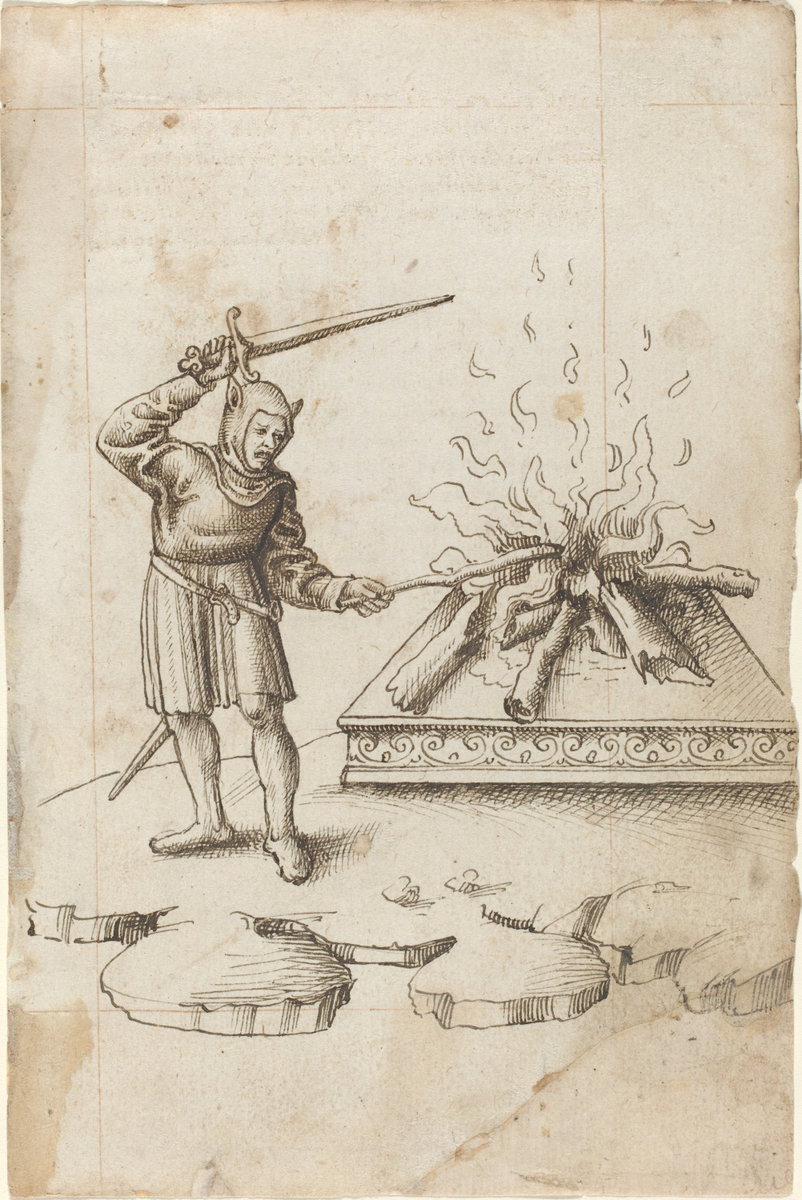
In a wide-ranging essay in the London Review of Books, Owen Bennett looks out at ISIS’ organizational history. He argues that while ISIS’ brutality has gained them supporters, it is also politically dangerous — “Every time a jihadi movement has won power it has lost popularity by failing to give the people what they want: peace, security and jobs.” In the same publication, veteran reporter Patrick Cockburn paints a vivid portrait of how ordinary Iraqis are reacting to ISIS’ advance. Stathis Kalyvas examines what we do and do not know about ISIS, arguing its modus operandi is more revolutionary than Islamic. Finally, Barak Mendelsohn comments on ISIS’ attempts to position itself within jihadi circles and the global Muslim community.
The Palestinian Authority, Israel and Hamas all have a great deal to lose from spiraling violence, and while it may be in each player’s interest to avoid escalation, a compromise may be hard to find. Hamas’ new rockets, the M-302, provide the group a greatly increased range, but are also wildly inaccurate. IDF officials claim the rockets were smuggled into Gaza sometime last year.
Marc Lynch takes on the tough question of ethical scholarship, and specifically what the responsibilities of political scientists are when studying the Middle East. Jay Ulfelder wrote a short response piece.
Sixty-seven women escaped from Boko Haram after being kidnapped in mid-to-late June.
The war in Ukraine has been repeatedly described as a “phony war”, and Foreign Policy’s most recent dispatch describes a similar scenario. Rebels clinging to a ‘People’s Republic’ are holed up in Donetsk after a Ukrainian army advance. An uneasy calm pervades, but the future is highly uncertain.
The South Sudanese Minister of the Interior announced that violators of Juba’s nighttime curfew will be shot on sight: “It is only witches who move at night.”
James P. Rudolph outlines how humanitarians gather political will, ultimately arguing for an advocacy strategy that focuses less on awareness-raising and more on shaping global institutions.
What’s the problem with activists describing themselves as “revolutionaries”?
Patricia Vieira on the numerous issues with identifying “women and children” as a distinct category in conflict.
In Uganda dozens were killed after attacks on government buildings by the shadowy ADF militia. Somewhat relatedly, if recent defectors from the LRA are to be believed, then Joseph Kony hasn’t been seen in years. (Via Rachel Strohm.)






